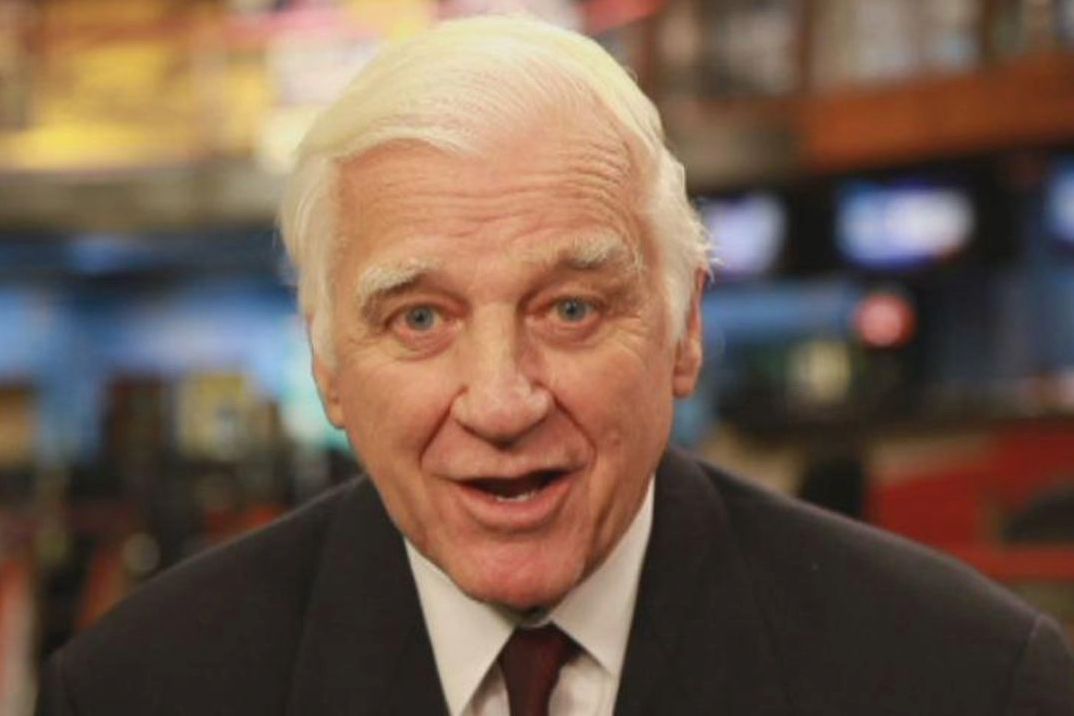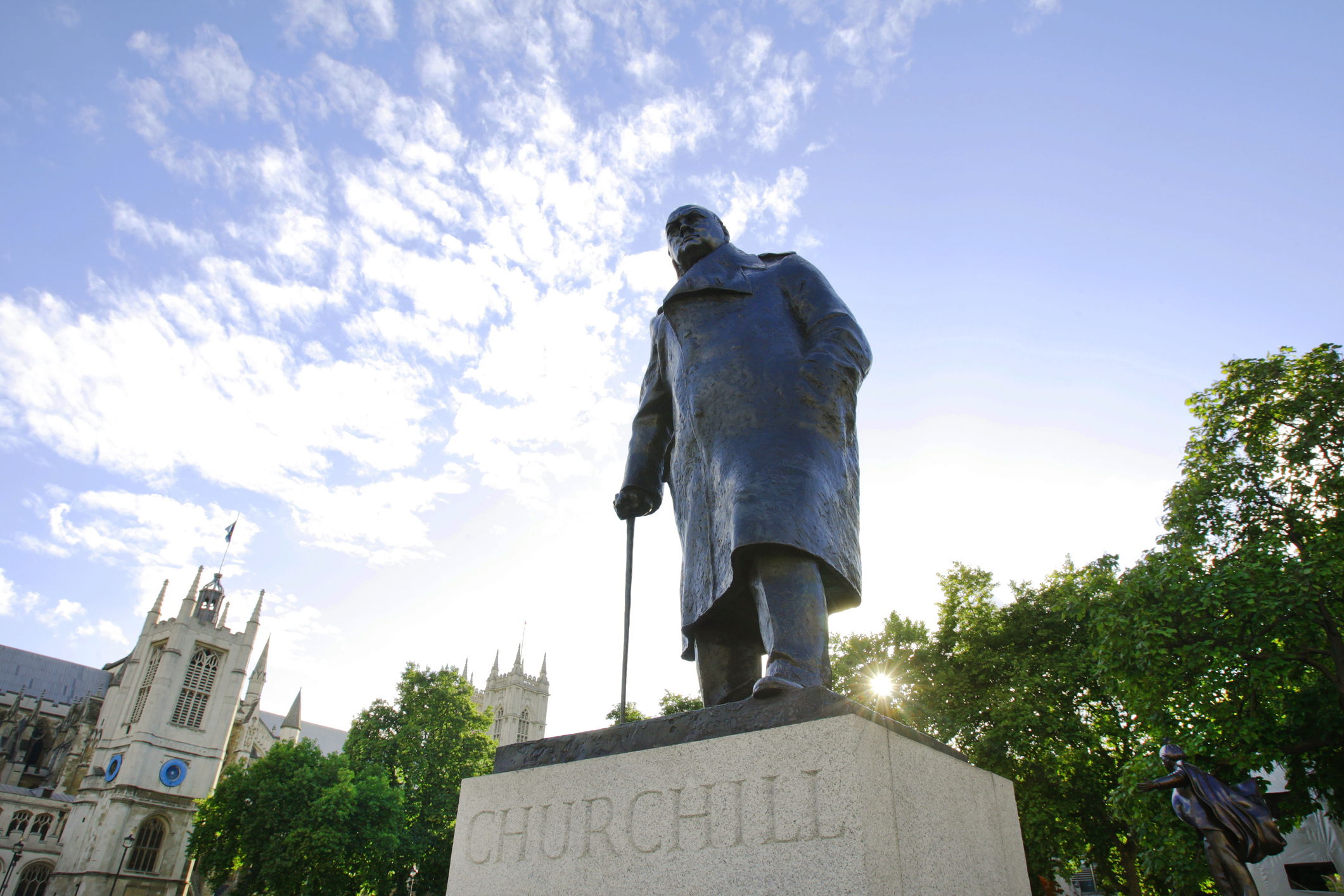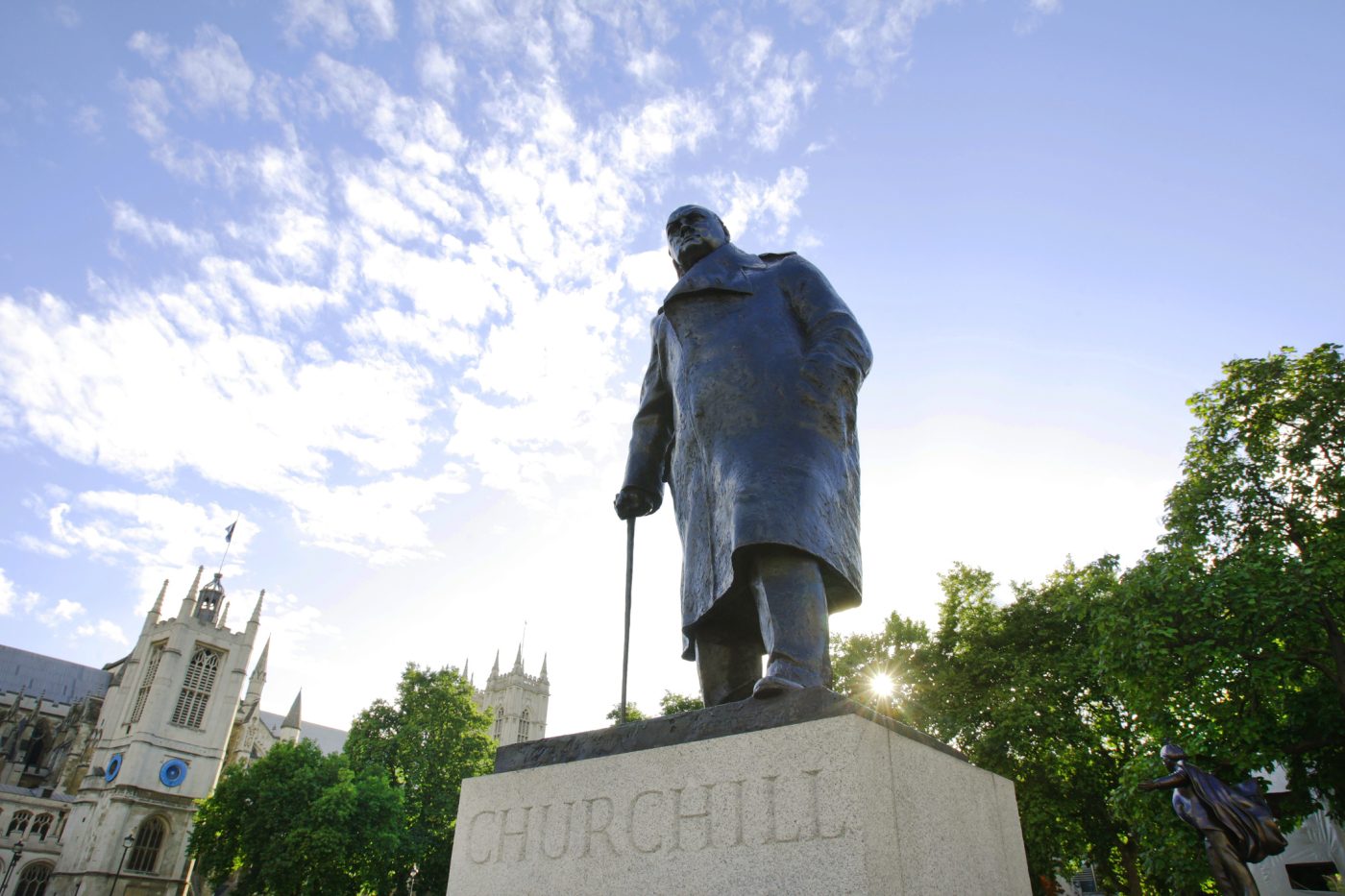By AARON BEARD AP Sports Writer
CHAPEL HILL, N.C. (AP) — North Carolina bet big on Bill Belichick to elevate its football program beyond decades of also-ran status and mid-tier bowl appearances.
More simply, though, it was a bet Belichick could do something he never has before.
The 73-year-old with six Super Bowl titles as an NFL head coach is now a college rookie. He’s traded rosters of 30-somethings for recruiting teenagers yet to emerge from under their parents’ wings. He’s greeted donors at fundraising gatherings. And he’s working amid a wildly evolving landscape of player empowerment across college athletics.
The first on-field look comes Monday night when the Tar Heels host TCU.
“I’ve been through a lot of opening days,” Belichick said, “and every one is the same in that there’s some things you kind of feel good about, there’s some other questions that you have.”
The setting
The spotlight will lock on Belichick taking the field — possibly with his trademarked hoodie look — as he pushes a vision of building the NFL’s “33rd team” at a school better known for its storied men’s basketball program.
ESPN will host a pregame show from Kenan Stadium. UNC has sold out season tickets (at higher prices, no less) and single-game seats. And beyond Monday, streaming provider Hulu will feature the program in a behind-the-scenes show.
TCU coach Sonny Dykes has experience with spectacle, at least. Two years ago, his ranked Horned Frogs hosted Colorado in retired NFL star Deion Sanders’ Buffaloes debut — and lost.
“Never thought I would, no,” Dykes said of facing Belichick. “Just assumed he would aways coach in the NFL and assumed I’d always coach in college, and didn’t really consider that possibility. One thing I’ve learned about college football though is never say never.”
College pivot
Belichick’s NFL career featured a 24-year run leading the New England Patriots, producing six world titles alongside star quarterback Tom Brady. When Belichick and the Patriots split in January 2024, he held 333 regular-season and playoff wins, trailing only Don Shula (347) for the NFL record.
Belichick was later linked to NFL jobs but nothing materialized. That eventually led to the unlikely pairing with UNC when the school moved on from Mack Brown. At the time, Belichick said he “always wanted” to try college coaching and cited his late father Steve’s connection as a Tar Heels assistant in the 1950s.
In months since, he’s popped up at men’s basketball and baseball games and can rattle off a list of stops — Atlanta, New York and Chicago, included — on the donor circuit.
“It’s really fun to be part of a school,” Belichick said last month. “I grew up in Annapolis at the Naval Academy and there’s only one team: there’s Navy. It didn’t matter if it was Navy baseball, Navy lacrosse, Navy football, Navy swimming, Navy this, Navy that — you always root for the same team. … So you’re really part of a community.”
UNC gave Belichick a five-year deal, the first three guaranteed at $10 million in base and supplemental pay, to spark a program that last won an ACC title in 1980. It comes as the sport’s role as the revenue driver in college athletics has never been more important, particularly with July’s introduction of revenue sharing.
In a recent athletics department podcast, chancellor Lee Roberts pointed to early returns in added buzz from Belichick’s mere presence.
“I’d say, in a lot of ways the experiment — and I think that’s the right word — has already been successful,” Roberts said.
Coaching relationships
Of course, questions abounded. Among the biggest: would the NFL lifer known for terse and gruff responses in Patriots news conferences really hit the recruiting trail?
Rolesville High coach Ranier Rackley was quickly convinced.
His school, about 40 miles east of Chapel Hill, was an immediate stop for Belichick with the Rams featuring multiple prospects, including four-star senior edge rusher Zavion Griffin-Haynes.
“There was a situation for me with my schedule that I had to change the dates of him originally coming,” Rackley said. “He was like, ‘No, we’ll make it around your schedule.’ And he did that. For me, I’m like, ‘Wow, this is Bill Belichick adjusting to my schedule to come see my kids.’”
Rackley recalled Belichick spending two hours in his first visit “talking about ball, talking about life” while working to build relationships. Rackley said there’s an “open-door policy” for him to visit or talk with UNC’s staff, and that Belichick had been receptive to Rackley’s observations.
That included a tip to look at defensive lineman Xavier Lewis, landing the former Austin Peay recruit on UNC’s roster as a freshman.
Rackley said six of his players have UNC offers with three committed: Griffin-Haynes; his brother Jayden, a linebacker and fellow senior; and junior running back Amir Brown.
“Even when I go out to practices, when (Belichick) sees us, before he goes to anybody else, he’ll come talk to us,” Rackley said. “That means something to me. Not saying other coaches haven’t done that, but the fact that I know my guys will be in good hands — that makes me settled in my spirit, in my heart, that they’re going to be OK.”
Convincing a mother
Winning over Mom, however, is a tougher sell. And Latara Griffin, mother to the Griffin-Haynes brothers, wasn’t going to be easily swayed by numbers on a résumé.
“I am really a football mom,” she said. “I care about my kids. I care about being able to lay my head down at night and know my kids are good and being taken care of.”
So she didn’t hold back when questioning Belichick, including how he’d go from coaching grown men to teenagers never having lived away from home. Or whether this was a one-year pitstop before returning to the NFL.
Griffin said she sensed some nervousness from the coaching great in early conversations, though that faded into a welcoming vibe. She described establishing a strong connection with UNC’s defensive coordinator — Belichick’s son, Steve, and his family — and appreciated the elder Belichick’s effort to understand the importance for the brothers to play together.
After prayer-filled days for her, the brothers announced their commitment to UNC in June for a January enrollment.
“I think after being around us a little bit more, I’ve seen him kind of be a little bit more open: telling jokes, laughing and smiling,” she said with a laugh. “When you see Bill Belichick on pictures, you don’t really feel like he’s funny and cool like that. But he is.”
What’s ahead
Belichick’s current players, meanwhile, have had time to get past star-struck first encounters with a man they grew up watching at the sport’s highest level.
“It’s pretty normal now,” receiver Alex Taylor said.
Still, that doesn’t mean Belichick’s presence has lost its luster, or that friends and families have stopped inquiring about what Belichick is like.
“Honestly it’s just every meeting I walk into, every new day,” Boise State transfer linebacker Andrew Simpson said, “I just sit there and I understand that I’m in front of greatness.”
The only thing left now? Actually winning games.
“The whole college football world is going to notice in regards to what they’re going to bring,” Rackley said of UNC’s staff. “It’s going to be interesting to see, man.”
___
AP Sports Writer Stephen Hawkins in Fort Worth, Texas, contributed to this report.

















